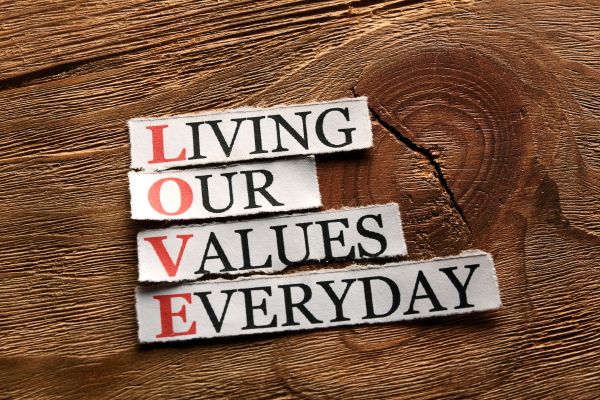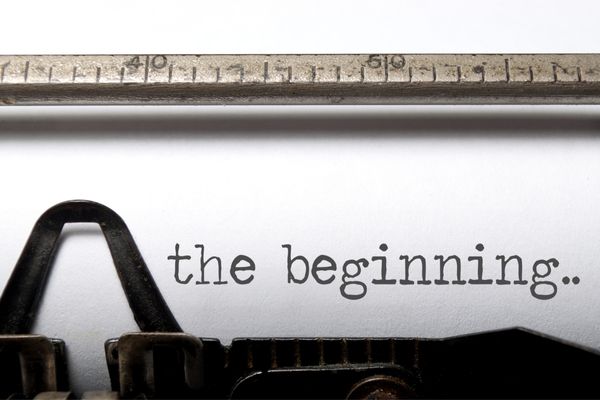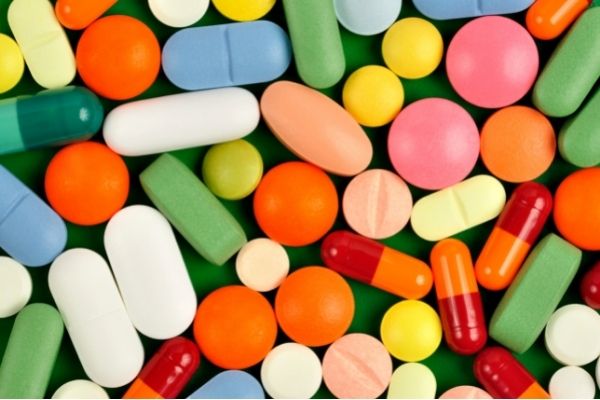SMART Recovery is a group-based addiction recovery model known for its tools and techniques based on scientific research. It follows the principles of Self-Management and Recovery Training (SMART) and aims to help participants achieve independence from addiction and maintain long-term recovery.
The SMART model is also known for its strong online presence. As of 2019, more than 2,200 people in the US were attending online meetings through the organization’s digital platform.
If you’re seeking an alternative group therapy program to Alcoholics Anonymous (AA) or Al-non, SMART Recovery may be a viable option. Here are the fundamental aspects of this science-based, self-help program.
SMART Recovery’s 4 Keys Program
The SMART program revolves around four key phases that act as guiding principles for patients transitioning out of inpatient or outpatient therapy.
1. Building and Maintaining Motivation
During this first phase, participants are empowered to develop and sustain their motivation to overcome addiction. They set achievable goals and create a personal motivation statement that serves as a driving force for their recovery journey.
2. Coping with Urges
Participants learn practical techniques to manage cravings and urges. They acquire skills to navigate through the intense desire for substances or addictive behaviors. Helpful strategies include riding the wave of cravings and establishing healthy boundaries with triggers, such as alcohol-related events or relationships that may lead to relapse.
3. Managing Thoughts, Feelings and Behaviors
This phase equips participants with cognitive and behavioral strategies to identify and challenge negative thinking patterns. They learn to address and modify unhealthy thoughts and behaviors that contribute to addiction, fostering positive change and personal growth.
4. Living a Balanced Life
This last phase is about encouraging participants to lead a balanced and fulfilling life beyond addiction. Participants learn to adopt healthy habits such as maintaining a nutritious diet, exercising regularly, prioritizing sufficient sleep, and cultivating a positive mindset. This holistic approach supports their overall well-being and long-term recovery.
Benefits of SMART Recovery
In 2019, a study of 75 SMART Recovery groups showed that 94% of its participants reported benefits in their addiction recovery, such as reduction of cravings and successful maintenance of abstinence. 71% reported improvements in their mental and well-being, 74% in their physical health, and 81% feeling better connected with others.
Here are some of the most noticeable benefits:
- It is an Evidence-Based Approach: SMART Recovery incorporates techniques from cognitive-behavioral therapy (CBT), rational emotive behavior therapy (REBT), and motivational interviewing that effectively address addictive behaviors.
- Highlights Self-Empowerment: Participants are encouraged to take control of their recovery journey and make informed decisions about their lives. The program provides tools and techniques that help individuals develop self-reliance, self-discipline, and self-acceptance.
- Offers an Individualized Approach: The program emphasizes tailoring the strategies and tools to fit individual needs and preferences. Participants can choose the techniques that resonate with them and adapt them to their circumstances.
- Focuses on Practical Skills: SMART Recovery provides practical skills and tools that can be applied in everyday life. Participants learn techniques to manage cravings, cope with stress, challenge negative thinking patterns, and make healthier choices.
- Fosters a Sense of Community: SMART Recovery meetings provide a supportive and non-judgmental environment where individuals can share their experiences, receive feedback, and learn from others who have faced similar challenges.
Who is SMART Recovery Best for?
SMART Recovery is usually an alternative to traditional 12-step programs like Alcoholics Anonymous (AA) or Narcotics Anonymous (NA). These two well-known programs are very spiritual-based. People who turn to SMART seek a rational and logical approach to recovery.
Patients who prefer the SMART recovery program also look for a self-empowerment approach. SMART emphasizes self-empowerment, encouraging individuals to take control of their recovery journey. For people who value personal autonomy and the ability to make informed decisions on their path to recovery, SMART Recovery aligns well with them.
The SMART program is also very inclusive and flexible, welcoming patients with different types of addiction. SMART offers a variety of meeting formats, including in-person meetings, online meetings, and 24/7 online message boards. This flexibility allows different patients to engage with the program in a way that suits their schedules, preferences, and necessities.
SMART Recovery vs. AA/NA
SMART Recovery and AA/NA are some of the most known rehabilitation group therapies. Although they both are programs that promote abstinence and have helped many individuals start their healing journey, they both have key differences that make them two separate choices for patients.
1. Foundations
- SMART: has a scientific foundation focusing on evidence-based techniques, cognitive-behavioral therapy (CBT) principles, and rational thinking.
- AA: is a faith-based, spiritual program that views addiction as a spiritual and moral issue. It emphasizes surrendering to a higher power and working through the 12 steps to achieve sobriety.
2. Meetings Dynamic
- SMART: meetings are structured as educational and support groups. They focus on applying tools and techniques, discussions, and exercises to help individuals develop effective coping strategies.
- AA: meetings are often characterized by sharing personal experiences, discussing the 12 steps, and supporting one another. The emphasis is on fellowship and sharing stories of recovery.
3. Self-Empowerment vs. Powerlessness
- SMART: promotes self-empowerment and encourages individuals to take control of their recovery through rational choices.
- AA: views addiction as a result of powerlessness over alcohol and emphasizes the need to surrender to a higher power for guidance and strength in achieving sobriety.
Is SMART Recovery for You?
Which therapy group best suits you will depend on your preferred approach, philosophy, and beliefs. SMART emphasizes rational thinking and personal autonomy. If you resonate with these principles and feel motivated enough to actively participate in your recovery by learning practical tools and strategies. In that case, SMART Recovery may be a good fit for you.
Attending a few SMART Recovery meetings is recommended to get a firsthand experience and see if the program resonates with you. Your first gatherings will allow you to interact with other participants, learn more about the program’s principles, and determine if it feels like a comfortable and supportive environment for your recovery journey.
SMART Recovery offers the advantage of being both affordable and accessible. You can start with online sessions or group chats on their website or find the nearest SMART meeting. Remember, you are not alone on your path to recovery. As you connect with a group that you empathize with and that aligns with your perspective on life, progress will gradually unfold.




